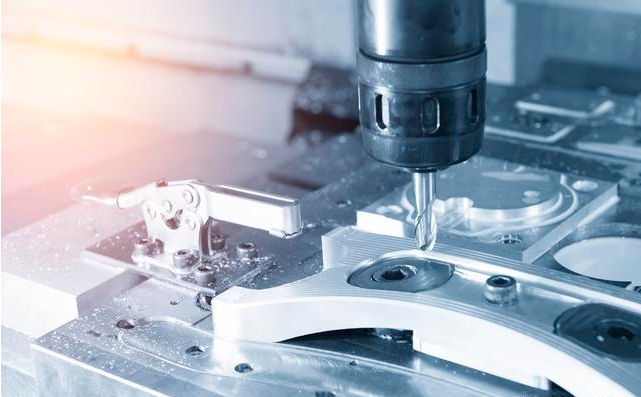From Prototype to Mass Production: Optimizing Your Product Development Cycle+ View more
From Prototype to Mass Production: Optimizing Your Product Development Cycle
+ View more
Date:2024-04-17 16:00
In today’s fast-paced market, time is of the essence. For businesses looking to edge out competition, streamlining the product development cycle from prototype testing to market launch is crucial. CNC machining stands out as a vital tool in accelerating this process. Let’s delve into how leveraging CNC technology can optimize your journey from prototype to mass production.
The Power of Rapid Prototyping
CNC machining allows for rapid prototyping by turning designs into physical parts quickly and accurately. This rapid prototyping capability means that concepts can be tested and iterated with minimal delay. By reducing the time typically needed for creating prototypes, businesses can hasten feedback loops and refine their products faster.
Precision and Consistency
One of the key benefits of CNC machining is its precision. This high level of accuracy ensures that each prototype or part produced is consistent with the last, making the transition from prototype to mass production smoother and more reliable. With CNC, the risk of errors that can often occur with manual processes is significantly minimized.
Material Versatility
Working with a wide range of materials, CNC machines give developers the flexibility to test their prototypes in the same material as the final product. This material versatility is essential because it provides a realistic understanding of how the product will perform, feel, and look, which is not always possible with 3D printed prototypes.
Streamlining Design Adjustments
CNC machining is digitally controlled, and as such, design adjustments can be made swiftly without the need for new tools or molds. This agility in the face of changes reduces downtime between iterations and enables a seamless flow from design to final product.
Cost-Effective Short Runs
When moving from prototype to early-stage production, the cost-efficiency of CNC machining becomes evident. It does not require expensive molds or setups, making short runs economically viable. This cost-effectiveness allows businesses to produce low quantities for market testing without a large upfront investment.
Scalability
Once the product is finalized and ready for mass production, CNC machining scales effortlessly with demand. The transition from producing dozens of items for testing to thousands for the market is a matter of scaling up operations without compromising on quality or lead time.
By capitalizing on the swift, precise, and versatile nature of CNC machining, companies can significantly reduce their product development timelines. The impact of integrating CNC technologies can be profound, leading to quicker market entry and a stronger competitive position. Whether it’s for prototyping, small batch production, or full-scale manufacturing, CNC machining is an indispensable asset in the modern product development cycle.
Share to:
Recommend wonderful blog posts

